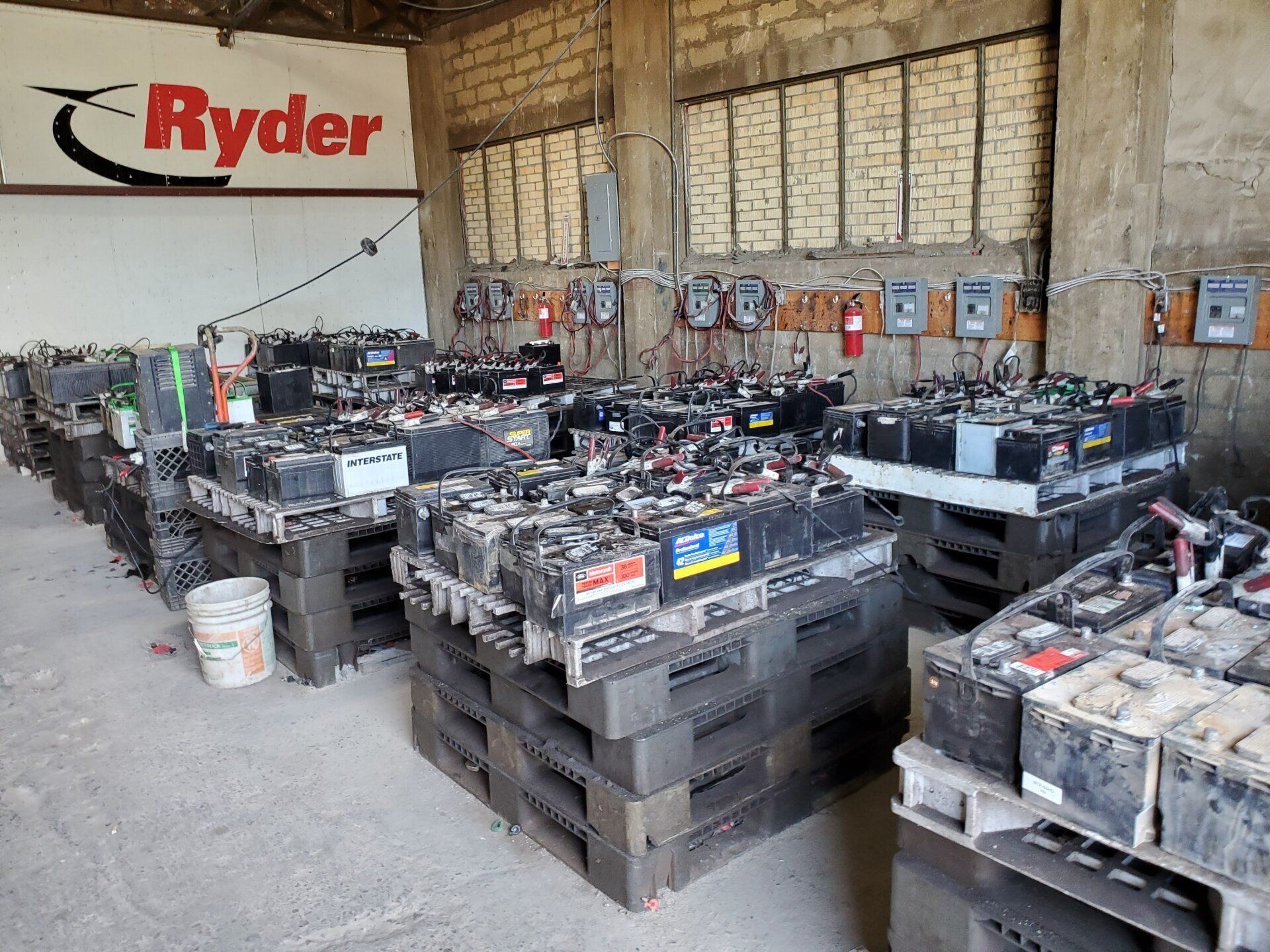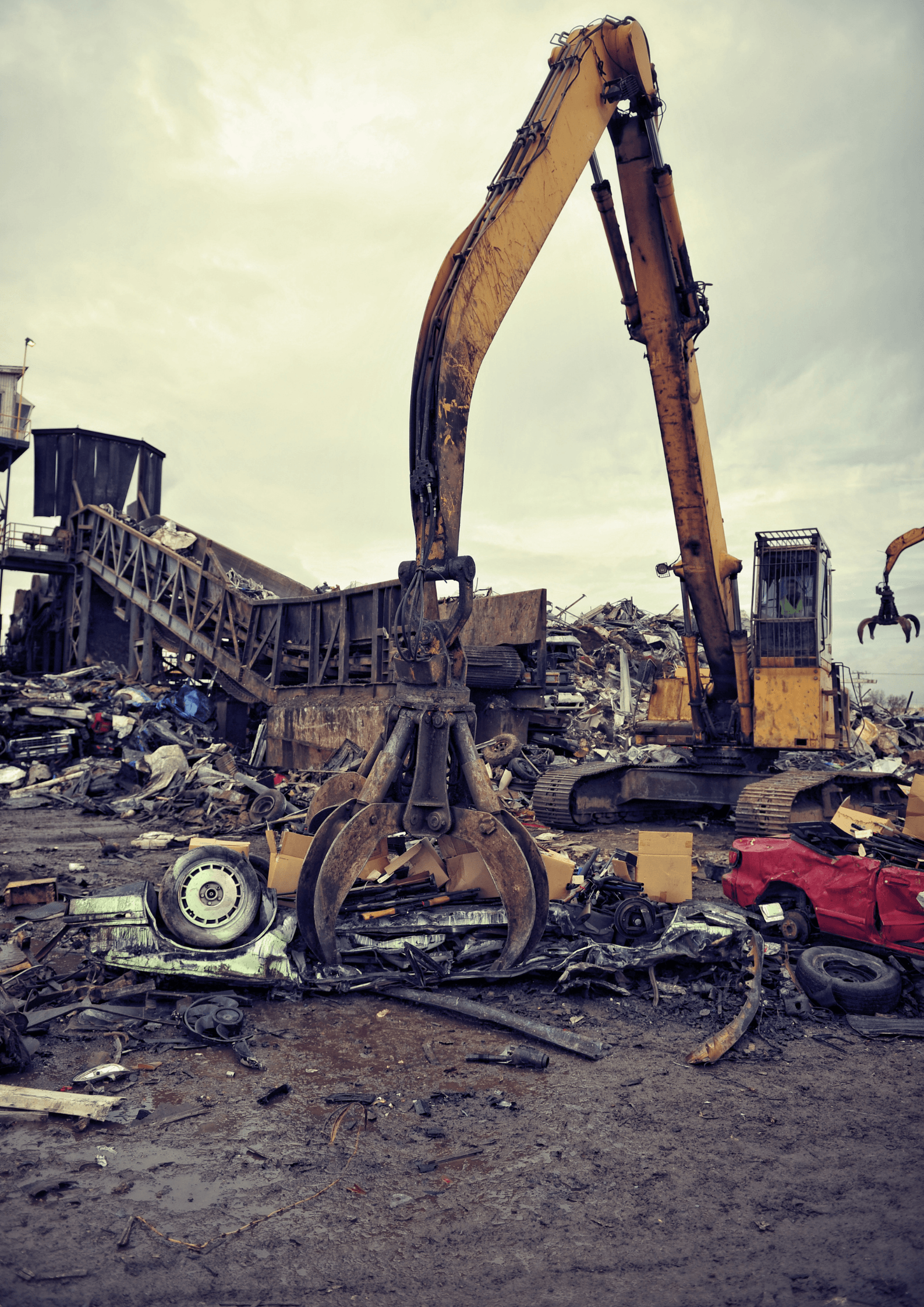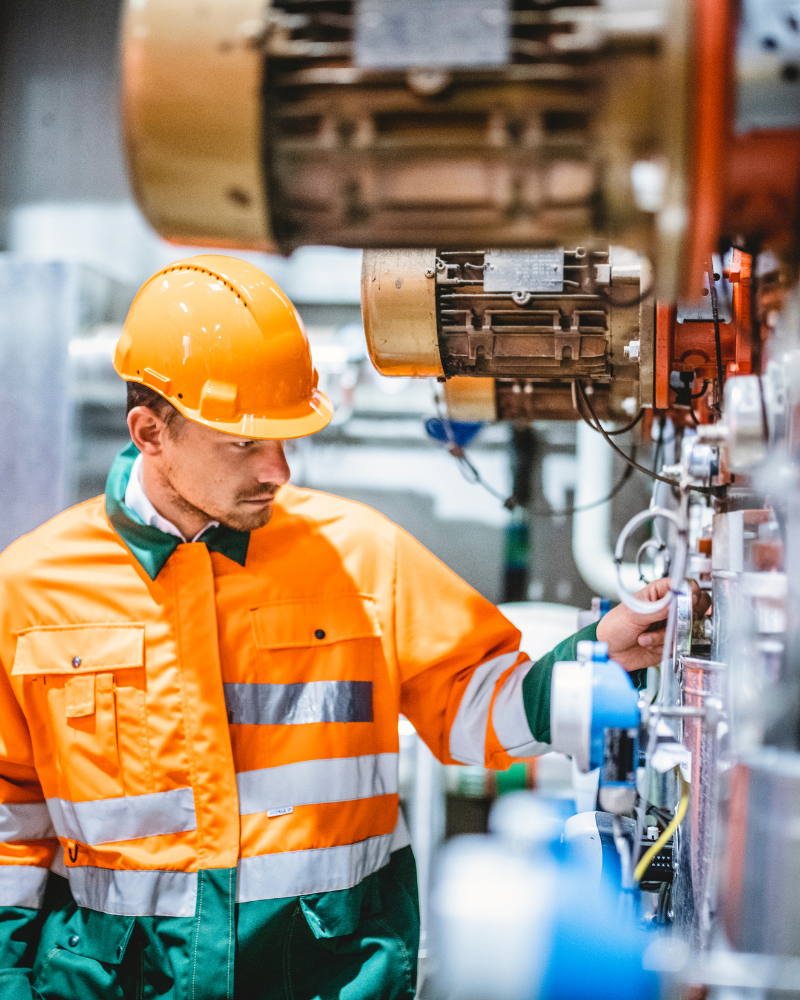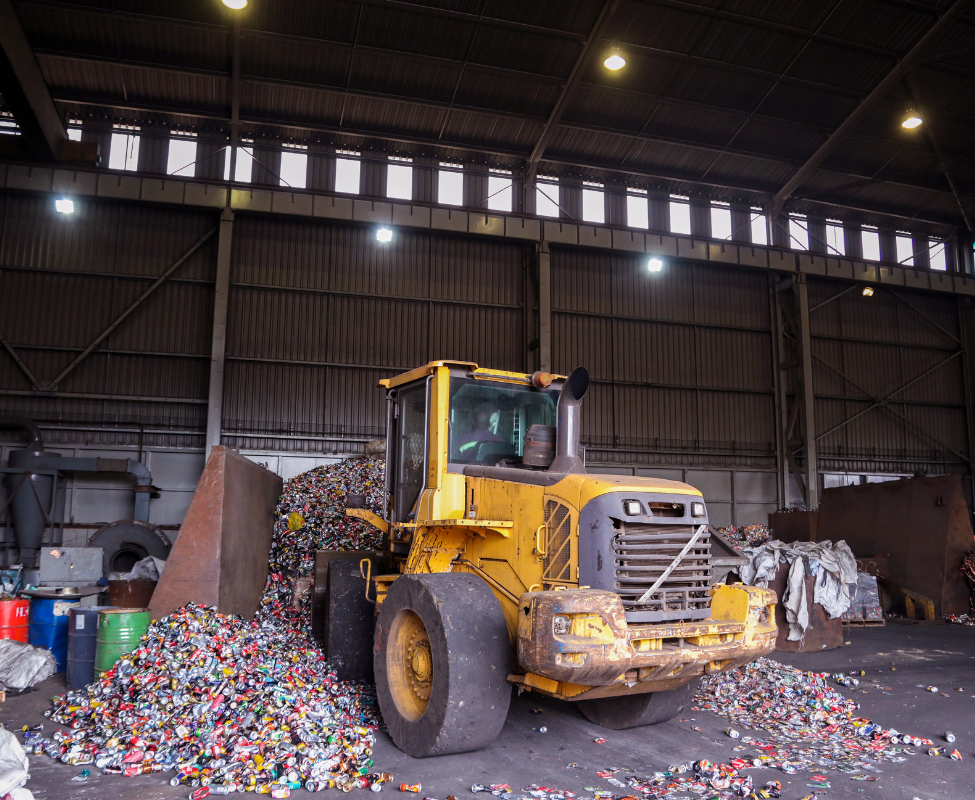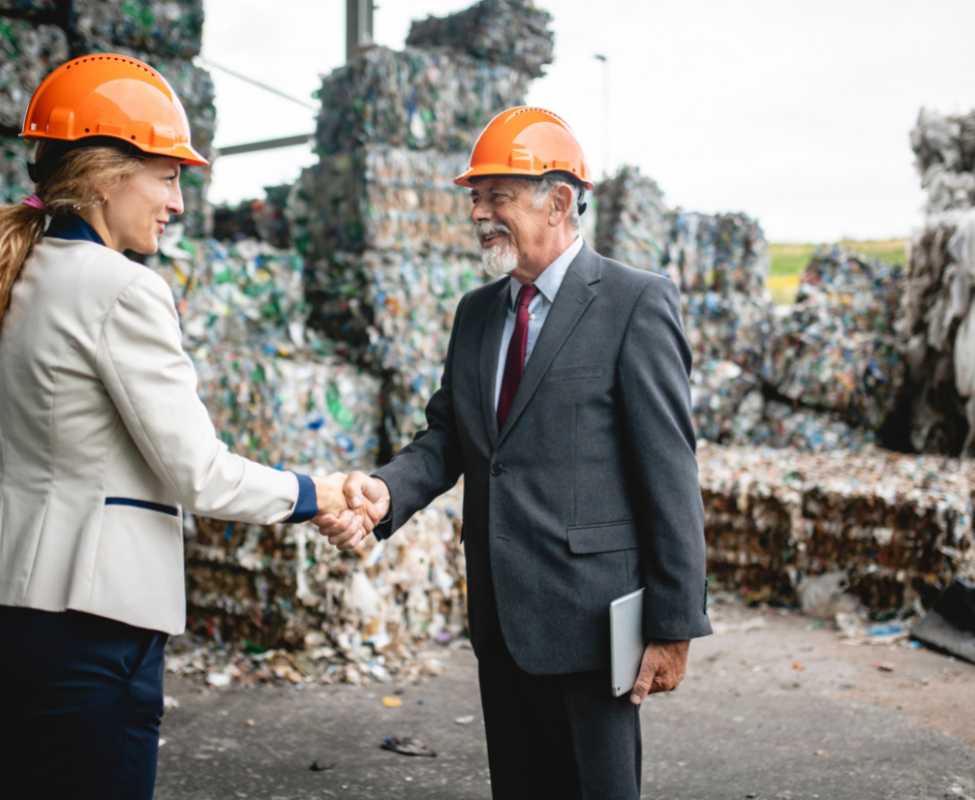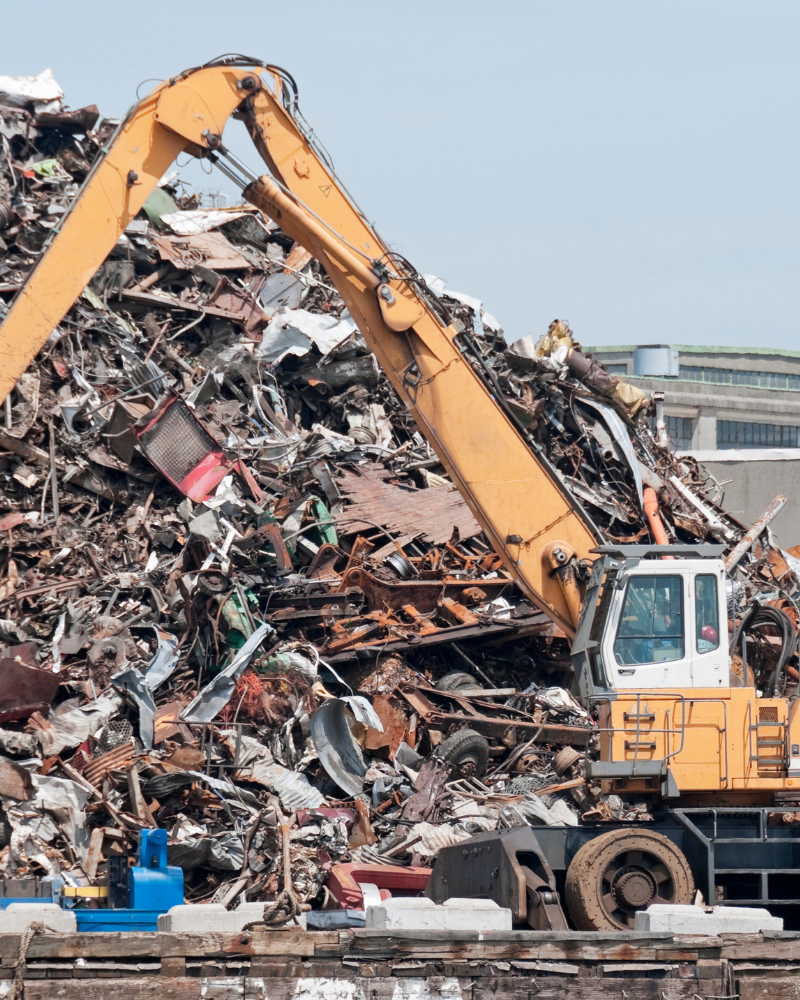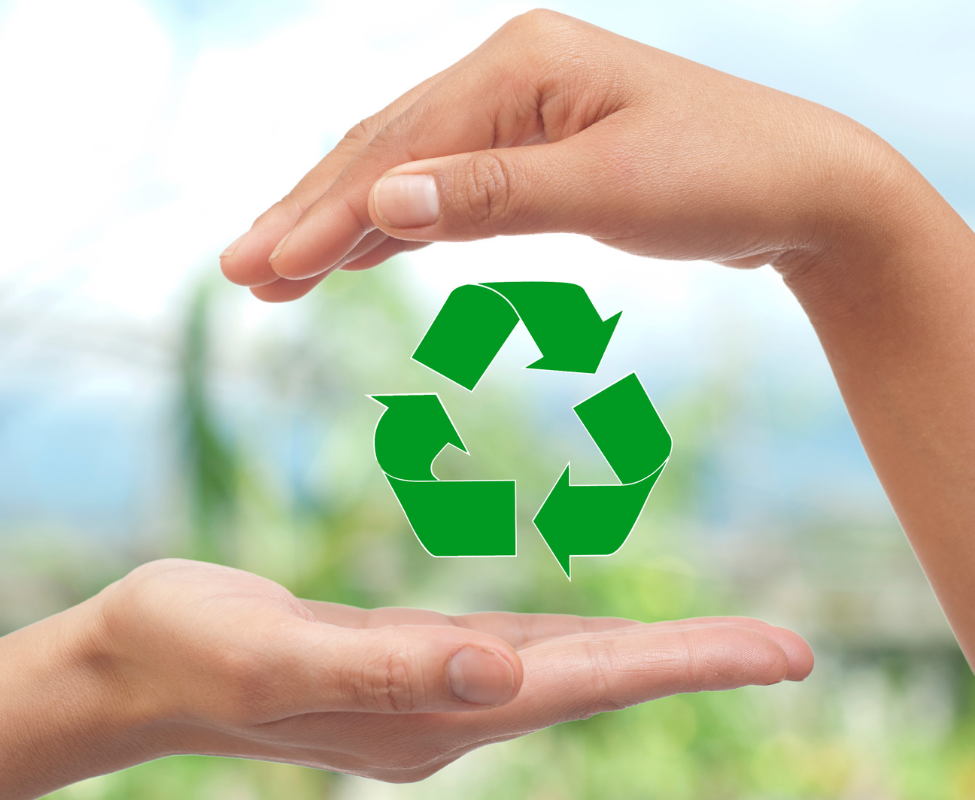Insurance for Recycling Facilities
8:30am - 5:00pm Mon-Fri
Will Reply in 15min*
Top 3 Recommended Policies
What Insurance Is Needed For Recycling Facilities?
The recycling industry is growing and playing an important part in the global economy owing to the rising awareness of the environmental benefits of recycling and the shortage of raw materials. The industry supplies about 40% of the world's raw material needs.
Furthermore, it employees 1.6 million people worldwide. Unfortunately, despite being an essential sector, several risks are involved due to the nature of the recycling processes. Consequently, insurance for recycling facilities is essential to safeguard the business, employees, and property. Read on to learn more about the need for insurance for recycling facilities and different types of coverages that you can consider.
Over 180+ commercial clients covered
100% customer satisfaction guaranteed
Over 10 years of commercial insurance experience
Why Get Insurance for Recycling Facilities?
Recycling includes several steps, including collection, reception, storage, dismantling, treating, sorting, recovery of material, and more. The truth is that while several processes, disposal methods, and technologies are involved in recycling, the common denominator is that waste generally constitutes a highly inflammable load that ignites easily.
Organic materials – cardboard, paper, plastic, textiles – are extremely flammable. There's always a chance of stored waster to self-combust due to several factors, such as contamination of the waste with paint, lacquer, or oil. Newspaper stories about fire incidents at recycling centers are extremely commonplace, leading to losses worth billions worldwide.
However, fire incidents are not the only threat to recycling facilities. Consider the machinery that is generally employed at recycling facilities. It includes shredders, crushers, conveyors, and furnaces. The equipment is often operated at high temperatures.
To make things worse, routine maintenance is also neglected. As a result, the machinery itself poses the risk of malfunction, leading to financial damages in the form of repairing and downtime. Furthermore, it can cause bodily harm to workers. Here is a list of some recurring causes behind losses at recycling centers.
• Fire incidents due to heating problems, electrical faults, and equipment failures
• Fraudulent arson due to storage in open places and unrestricted access
• Use of open flames for purposes like welding and cutting
• Poor maintenance of machinery and electrical installation
• Explosions due to undetected hazardous compounds, such as aerosols
• Self-combustion in stocked piles due to chemical processes
These incidents can have far-reaching economic consequences. However, the good news is that proper insurance for recycling facilities can help you mitigate risks, cover losses, and attain peace of mind. Now that you know the importance of insurance for recycling facilities, let's take a look at different types of insurance policies that you can consider.
Types of Insurance for Recycling Facilities
1. General Liability Insurance
General liability is one of the most common types of business insurance. Regardless of the type of recycling facility you run, general liability is the one insurance that you must get. It protects you, your business, and your customers.
The plan is designed to keep the business from suffering a massive financial blow in case an accident happens at the recycling facility or a lawsuit arises. Your general liability plan may provide the following coverages.
• Products Liability
Products liability coverage can protect you if you sell products to customers. For example, you may be selling a specialized collection of bins for recycling that are later found to be faulty or harmful to the public. Such incidents can land you in trouble and even lead to lawsuits. Products liability can help pay for your legal defense, customers' award claims, or medical bills.
• Premises Liability
Creating a safe environment at the recycling facility is your responsibility. Therefore, if a customer or any other person is injured while on the business premises, they might hold you accountable and sue the company for medical bills. This is where premise liability coverage can come to your rescue. It can help pay related medical or recovery bills. This kind of insurance is particularly important for recycling facilities that require the customer to drop off recyclable materials at the facility.
• Completed Operations
Suppose your recycling service collects recyclable materials directly from the customer. In that case, they can sue you after you complete the service if they feel the completed operation has caused them physical harm or property damage. Completed operations coverage can help you in this regard by paying for your litigation expense as well as customers' property damage or medical bills.
2. Commercial Property Insurance
Do you own the building in which your recycling facility operates? If yes, then getting commercial property insurance can help protect your business-related property from various events, including fire, theft, vandalism, and extreme weather, such as hail storms.
The insurance policy covers the exterior physical structure of the recycling facility as well as any items that you may store inside the facility, including the recycling equipment or scrap metal.
The policy will provide coverage for repairing and replacing these items. It is advisable to take an inventory of your physical assets before meeting with an agent to discuss your commercial insurance policy. It will help you determine the replacement value and the level of coverage you require.
3. Workers' Compensation Insurance
As a recycling facility manager or owner, the employees' safety and well-being should be one of your top priorities. Recycling involves labor-intensive work that often leads to accidents at the workplace. Plus, recycling processes require the use of heavy machinery that can pose serious risks to worker's safety if the worker is not properly trained for the job or the machines are not routinely maintained.
For all these reasons, workers' compensation is one of the most important insurance for recycling facilities. It provides coverage for the medical and rehabilitation costs as well as lost wages for employees who suffer workplace injuries.
Keep in mind that workers' compensation insurance is generally required by law. However, policy details may vary from state to state. Therefore, it is recommended to check in with the local authorities and insurance providers to make sure you get the right plan.
4. Commercial Crime Insurance
Regardless of the kind of business you run, there's always a chance of financial loss associated with business-related crimes. While strong internal control and policies and companies control crimes, the nature of the recycling business makes it typically hard to keep a check on all employees and non-employees at all times.
Oftentimes, piles of recyclable or recycled material are stored in open places with unrestricted access. Consequently, recycling centers are more prone to dishonest, unethical, and illegal activities than most other businesses. Therefore, it is important to invest in commercial crime insurance to safeguard your business against any criminal activity.
Commercial crime insurance generally covers theft, damage, or destruction of money or assets while they are at the recycling facility or in transit. It also provides protection against forgery or alteration of negotiable instruments, fraudulent electronic funds transfer, social engineering frauds, and more.
Here it is important to mention that crime insurance policies are generally written on the basis of "named perils," which means that the crime must fall under one of the categories specified in the policy for you to be able to make a claim. Therefore, when getting a commercial crime insurance policy, make sure you take the time to work with the insurance provider and draft a policy that is well suited to your unique business needs.
5. Commercial Auto Insurance
The recycling process often requires hauling products and materials to and from the recycling facility. Whether you collect recycling materials or deliver recycled products to your customers, your fleet plays an important role and making the business operation possible.
In fact, business vehicles, including trucks and vans, are probably one of the biggest assets for your business. Naturally, you want to protect them. This is where commercial auto insurance comes in to protect the vehicle, driver, and other people on the road.
When you are buying commercial auto insurance, make sure that the policy is comprehensive and covers more than just accident-related costs for vehicle repair and medical treatments. It should also provide coverage for any equipment or supplies that you may be carrying in the business vehicle. It would also pay for any materials that fall off the company's trucks and other vehicles on the road.
6. Equipment Breakdown Insurance
Equipment breakdown insurance is one of the core business owner policies for business owners. This kind of insurance protects your mechanical, electrical, and computer assets from unexpected breakdowns.
When working in the recycling facility, equipment breakdown can lead to costly downtime. Plus, the cost of repairing or replacing expensive equipment can quickly pile up and create a financial strain on the business. Luckily, equipment breakdown insurance can help you out in this regard.
It helps cover the cost of repairing or replacing damaged equipment. It also takes into account the lost income caused by downtime and labor cost. All in all, it is an important insurance policy that can help cover necessary expenses that incur during the restoration period.
Generally, there are five types of equipment that equipment breakdown insurance covers. Let's take a look at them.
• Mechanical Equipment:
It includes equipment and parts, such as engines, motors, generators, water pumps, and elevators. It may also include specialized recycling equipment.
• Electrical Equipment:
Electrical equipment entails electrical panels, transformers, cables, and other electronics.
• Computer Equipment:
While it may not seem like it, computer equipment insurance is important for recycling facilities. It generally covers security systems, computer systems, phone systems, fire alarm systems, and more.
• Air Conditioners & Refrigeration System:
Depending on the type of recycling facility you run, it may be a good idea for you to get equipment breakdown insurance for air conditioner systems for your facility.
• Boilers and Pressure Equipment:
Recycling often requires heating and melting. A malfunctioning boiler or pressure equipment can lead to serious downtime and expenses. So, if you use boilers or pressure equipment at the recycling facility, make sure you get them covered with equipment breakdown insurance.
7. Pollution Coverage
Also known as environmental insurance, pollution coverage provides coverage for third-party claims against property damage or bodily injury caused by hazardous waste materials discarded by the company. These claims may be filed by anyone, including the general public, other businesses, landlords, local government, and the state.
Recycling involves dealing with different kinds of materials and matters. Junkyards and recycling facilities often face these charges. Therefore, it is best to purchase pollution coverage to protect your business and avoid any financial loss. Pollution coverage generally covers legal defense fees, damage awards, and the cost of clean-up efforts. It may also provide protection to business owners that purchase land or building that was polluted or contaminated by the previous owners. In this case, if you have this insurance, the insurance provider will cover the clean-up costs.
Request a Quote
Get a recycling facilities insurance quote online today!
Get started today!
Recycling facilities insurance is one of the most affordable and beneficial types of facilities insurance plans for employees. Since the risk is widespread among various insured members, the premium amount is significantly lower than traditional facilities insurance plans.
This is true because the insurer anticipates less risk due to a large number of people. Therefore, employees who would not be able to afford individual facilities insurance plans can easily opt for recycling facilities insurance.
Prefer to speak with an agent now?

